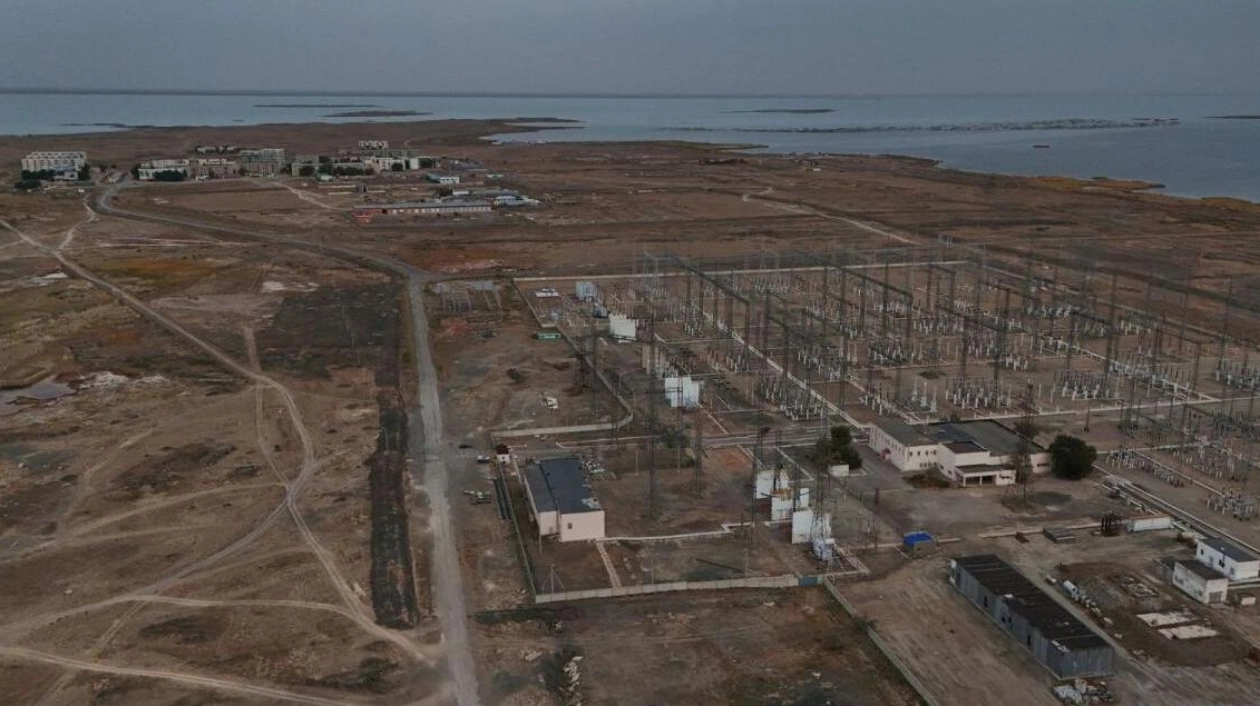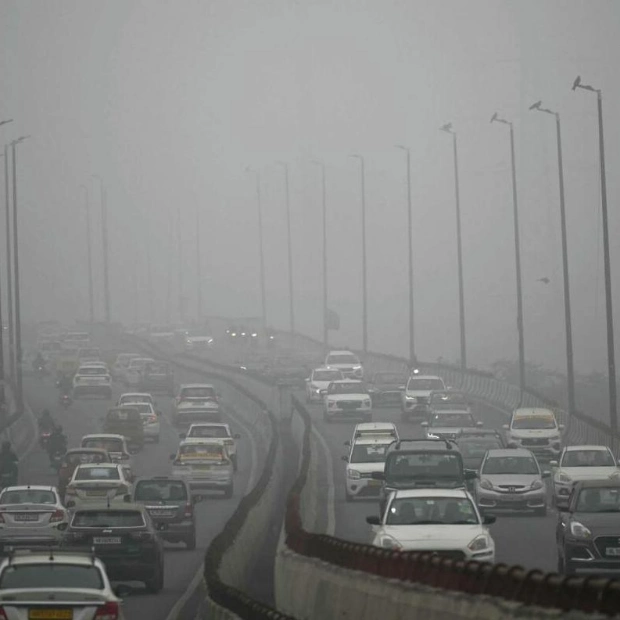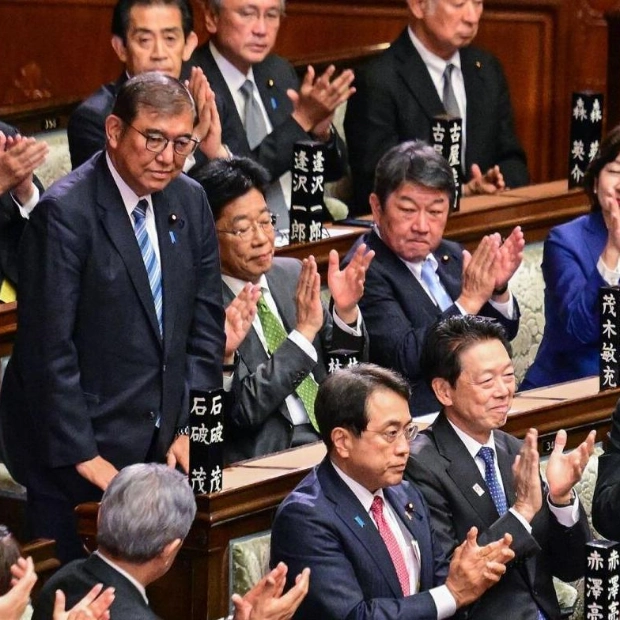Kazakhstan is set to vote in a referendum this Sunday on the construction of its inaugural nuclear power plant. This initiative, championed by President Kassym-Jomart Tokayev's administration, aims to transition the Central Asian nation away from coal-fired plants, which are known for their environmental impact. Despite the government's enthusiasm, the proposal has drawn public criticism due to concerns about potential hazards, the legacy of Soviet-era nuclear testing, and apprehension over Russian involvement in the project.
Popular blogger Vadim Boreiko expressed skepticism, suggesting that the decision to collaborate with Russian state nuclear firm Rosatom has already been made by Tokayev's office, and that the referendum is merely a formality to validate this choice. Kazakhstan, despite its substantial natural gas reserves, predominantly relies on coal-powered plants for its electricity, supplemented by hydroelectric and renewable energy sources. The country is currently importing electricity, primarily from Russia, as its aging facilities struggle to meet domestic demand.
The government argues that a reliable energy supply is essential to complement renewable energy sources like solar and wind power. Given Kazakhstan's status as one of the world's largest uranium producers, nuclear power is seen as a logical step forward. Tokayev emphasized the need to leverage the nation's competitive advantages to keep pace with global advancements. However, Kazakhstan does not currently enrich uranium to fuel-grade levels, and the estimated cost of constructing a nuclear power plant is between $10 billion and $12 billion.
Critics argue that the same objectives could be met with gas-powered plants, which, while still reliant on fossil fuels, are significantly less polluting than coal and pose fewer risks. Kazakhstan's history with nuclear energy is fraught with challenges; it was part of the Soviet Union during the 1986 Chernobyl disaster and was also the site of numerous Soviet nuclear weapon tests, which have left large areas uninhabitable and caused widespread health issues. These historical events have fostered a deep-seated distrust of nuclear projects among many Kazakhs.
Despite these concerns, Tokayev remains optimistic, urging the nation to look forward rather than dwell on past grievances. He believes that only by embracing progress and maintaining a positive outlook can Kazakhstan succeed in the global race for advancement.






